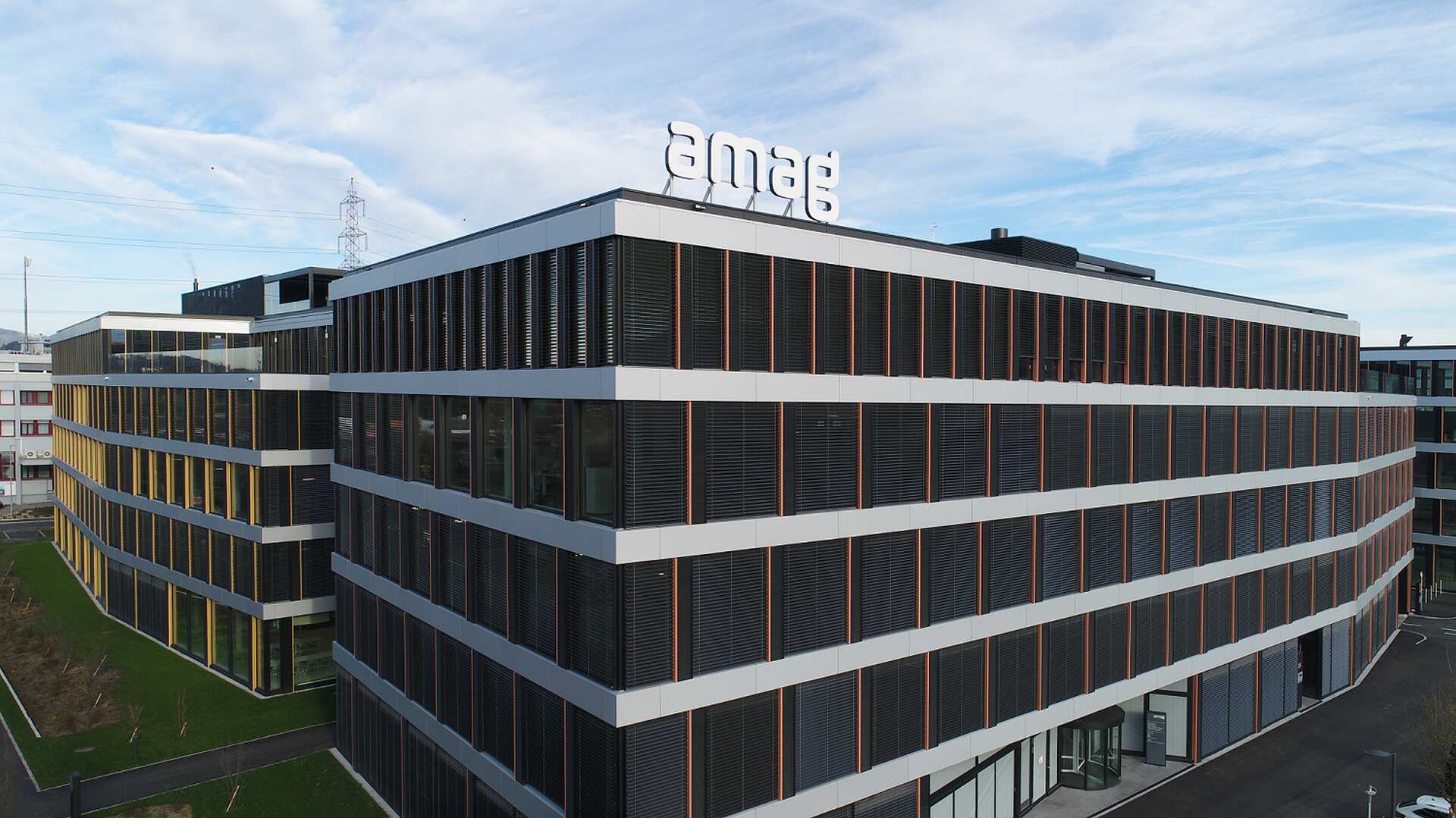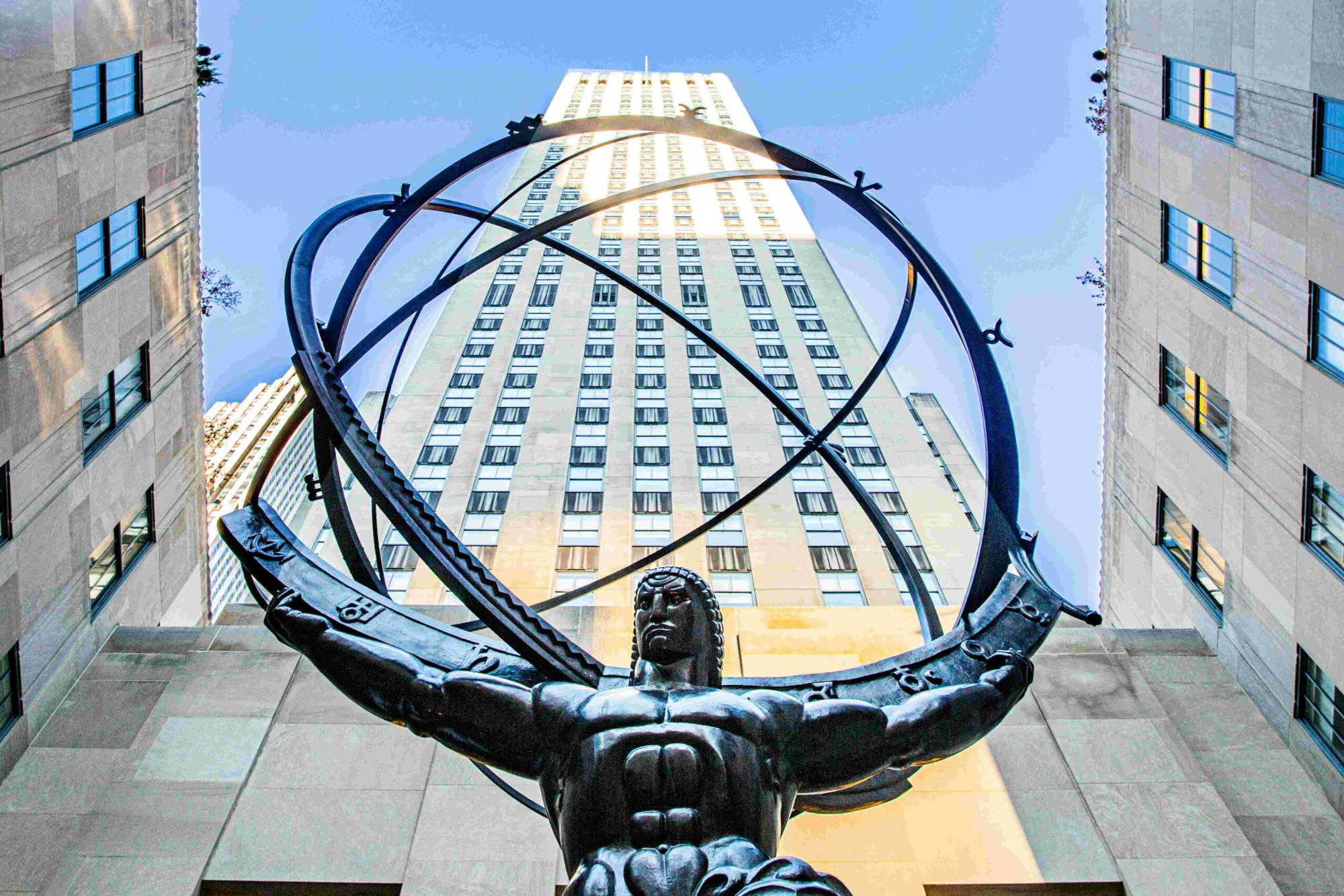
AMAG: Creating its own future in a disrupted automotive industry
AMAG is Switzerland’s premier automotive retail and service company, holding exclusive rights to import Volkswagen Group car brands such as Audi, Volkswagen, Skoda, Cupra and Seat. In 2022 AMAG had 7,300 employees and a revenue of CHF 4.4 billion. The electrification of the automotive industry and the introduction of the agency model by the Volkswagen Group are major challenges for the traditional Swiss company. The case describes AMAG’s traditional business model, including recent changes, its vision and ambitions. Follow Frank Boemerle, the head of strategy at AMAG retail, as he develops new business models and captures insights about the company’s transformation journey. New business models like Mobility as a Service (MaaS) and Retail as a Service (RaaS) are elaborated and described. Existing and future profit pools are analyzed, and new business opportunities and threats are discussed. The EV transformation and digitalization require up to 50% fewer employees in the after-sales service business, and the impending agency model questions the current infrastructure and capital employed. Therefore, AMAG is searching for new mid-term revenue streams and new employment for the workforce. Change management and up-skilling of the employees are additional challenges after the changes in the financial transactions of future business models on a subscription base. Shall AMAG invest in renewable energy to offer electrification packages to customers next to EVs? Shall AMAG expand to Italy and France? Shall AMAG expand the EV portfolio with new brands from China and potentially risk its exclusivity with Volkswagen? Support Frank in the analysis and make your conclusions on how AMAG can stay in business in Switzerland beyond 2030, given that the electrification of mobility and the new agency model disrupt the main revenue streams of AMAG’s current business model.
- Identify the main challenges along the HTDQ (Hero-Treasure-Dragon-Quest) framework.
- Visualize the current and future value constellation of the automotive retail market.
- Estimate the current and future profit pool.
- Develop a future business model for AMAG using the Business Model Canvas.
- Discuss interorganizational alignment in strategy execution using McKinsey’s 7s model.
AMAG Group, Automotive
2023-2030
Cranfield University
Wharley End Beds MK43 0JR, UK
Tel +44 (0)1234 750903
Email [email protected]
Harvard Business School Publishing
60 Harvard Way, Boston MA 02163, USA
Tel (800) 545-7685 Tel (617)-783-7600
Fax (617) 783-7666
Email [email protected]
NUCB Business School
1-3-1 Nishiki Naka
Nagoya Aichi, Japan 460-0003
Tel +81 52 20 38 111
Email [email protected]
IMD retains all proprietary interests in its case studies and notes. Without prior written permission, IMD cases and notes may not be reproduced, used, translated, included in books or other publications, distributed in any form or by any means, stored in a database or in other retrieval systems. For additional copyright information related to case studies, please contact Case Services.
Research Information & Knowledge Hub for additional information on IMD publications

Today’s workforce often includes a mix of permanent employees, freelancers, and outside contractors – but even organizations with mostly external workforces or highly autonomous workforces need proximity to succeed over the long term. Here are fou...

Set in 2024, the case describes the trajectory of Nike's success and how it had recently lost its way. The company was experiencing its worst slump in more than 10 years. Since 2020, CEO Donahoe oversaw a significant shift away from wholesale, wit...

This brief case exercise presents an increasingly common business scenario: An established player acquires a small, agile start-up to re-energize its value proposition. In this case, established global beauty giant UrbanLuxe acquires beauty start-...

As governments lock horns in our increasingly multipolar world, long-held assumptions are being upended. Forward-looking executives realize the next phase of globalization necessitates novel approaches.

Trump’s unconventional negotiation strategy reveals how game theory in negotiations can shape power, commitment, and outcomes before talks begin.

In an age that prizes agility, breaking up is a strategy rather than a surrender, argues IMD’s Salvatore Cantale, as CFOs step forward as architects of value in the de-conglomeration era.

What does it take to move from CFO to CEO? Four top executives share candid lessons on leadership, risk, growth, and redefining the finance role.
In an increasingly uncertain world, how do companies plan for the long term? Take this short quiz to test your knowledge of future readiness, and read on for insights from future-ready companies.

Use our AI Trust Checklist to avoid bias, hallucinations, and deepfakes. Practical tips to build trust in your AI systems.
Shenzhen Power-Solution (SPS), founded in 2009 in China as an entrepreneurial venture, disrupted traditional lighting markets in African villages with its flagship product, Candles Killer. This solar lamp, priced under $5, replaces hazardous keros...
in I by IMD
Research Information & Knowledge Hub for additional information on IMD publications
Research Information & Knowledge Hub for additional information on IMD publications
Research Information & Knowledge Hub for additional information on IMD publications
Research Information & Knowledge Hub for additional information on IMD publications
in I by IMD
Research Information & Knowledge Hub for additional information on IMD publications
Research Information & Knowledge Hub for additional information on IMD publications
Research Information & Knowledge Hub for additional information on IMD publications
Research Information & Knowledge Hub for additional information on IMD publications
Research Information & Knowledge Hub for additional information on IMD publications
Research Information & Knowledge Hub for additional information on IMD publications

